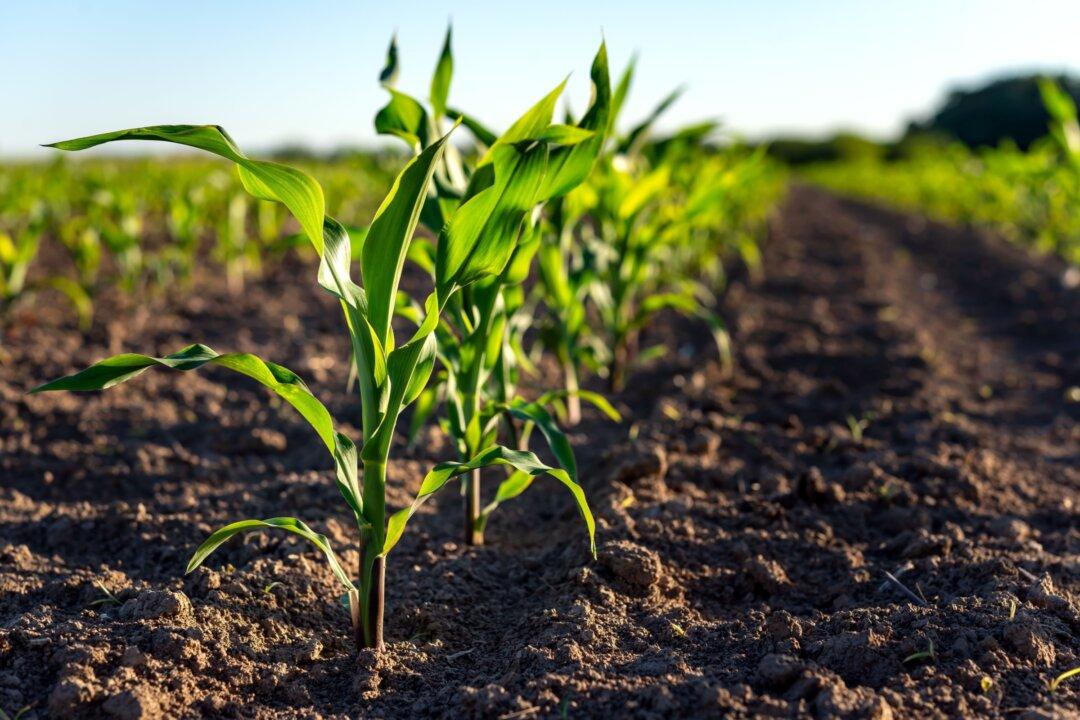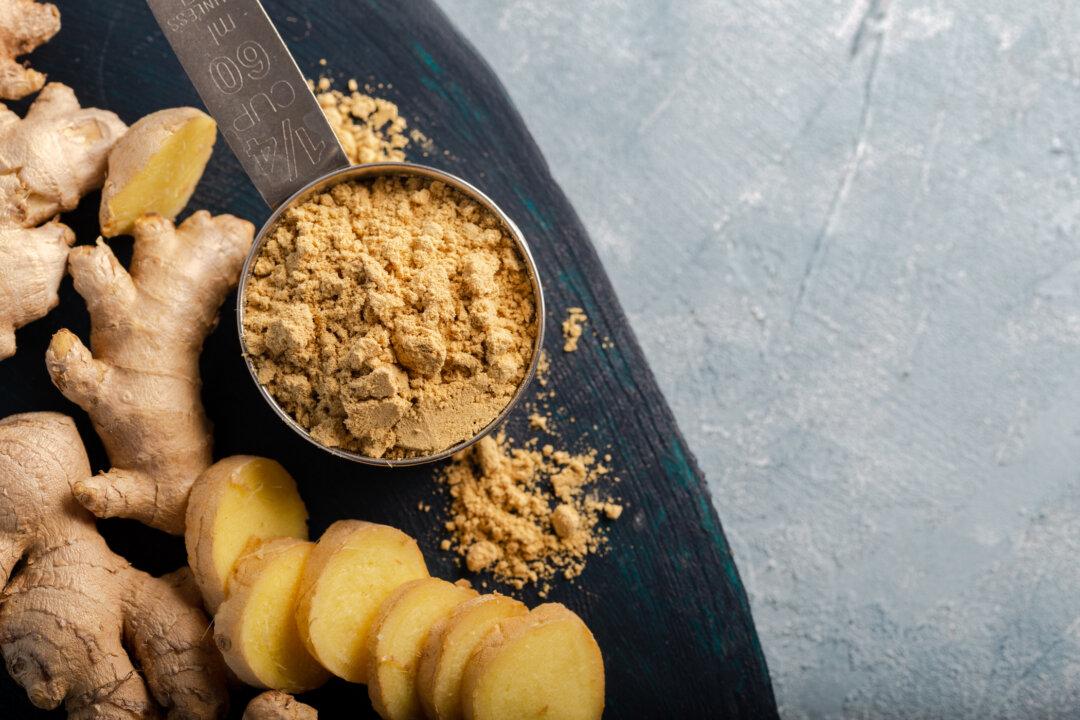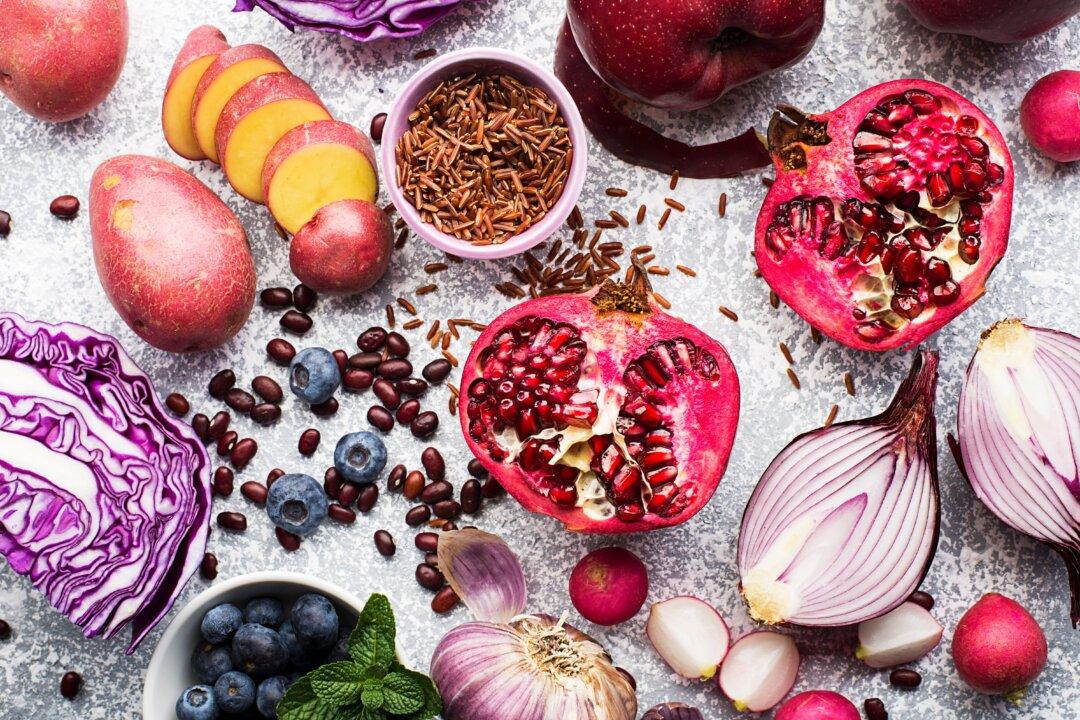You may think that staying slim and eating healthfully means no sweets, but there are natural and delicious sweeteners that won’t wreck your diet. Some even have therapeutic “side benefits.”
No arena of health and wellness is more debatable than what we should be eating. Looking back through time, the foods that constitute a healthy diet have changed so dramatically, you can literally mark the passage of time by the coming and going of dietary fads.
- Weight-loss clubs and diet pill popping in the 1970s
- Cabbage soup and liquid diets in the ‘80s
- The Zone and blood-type diets (along with lawsuits related to diet pills) in the ‘90s
- Then came the Atkins and gluten-free diets
- In the 2010s, it’s Paleo, raw, and local






